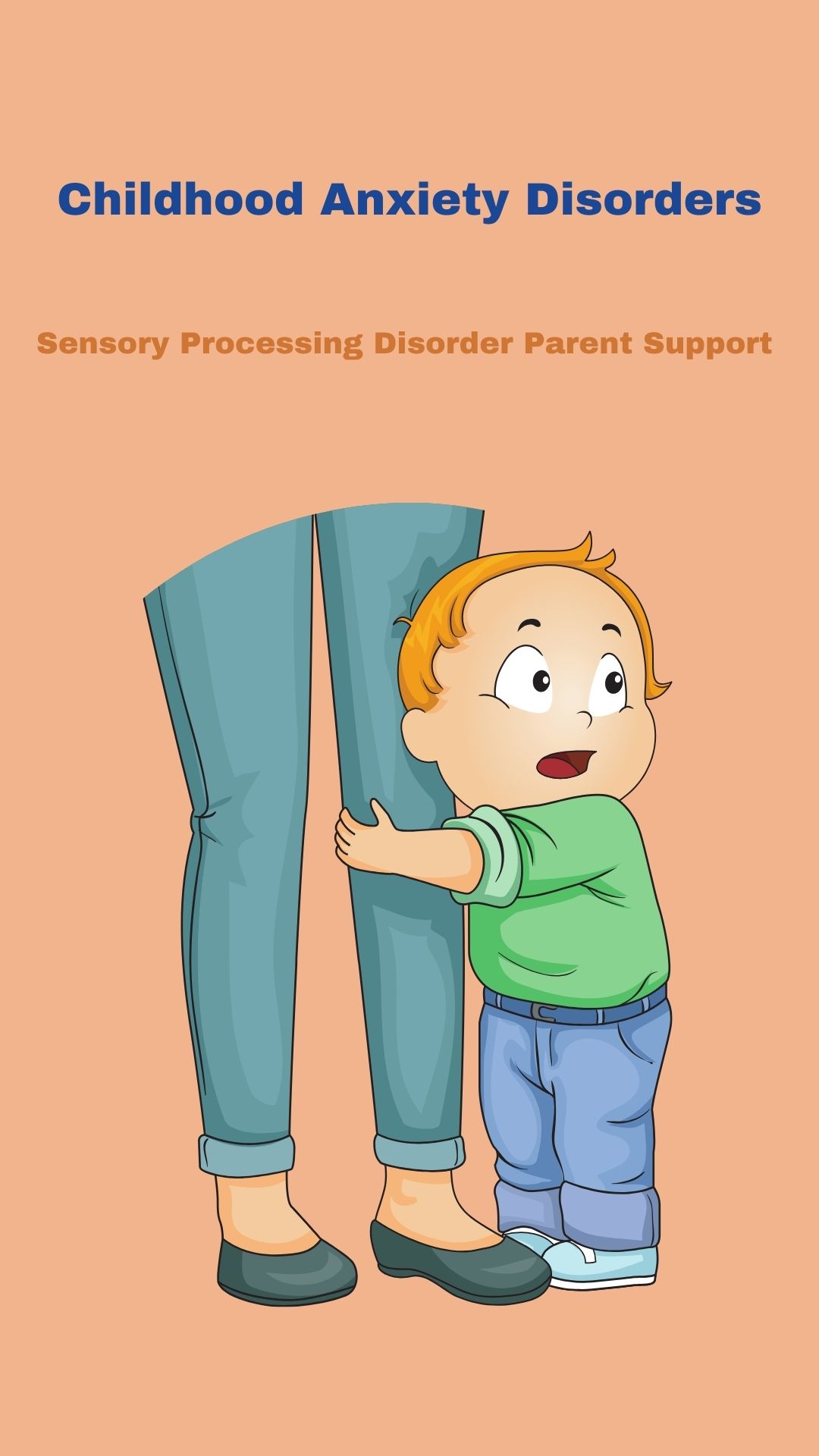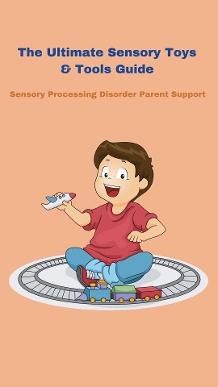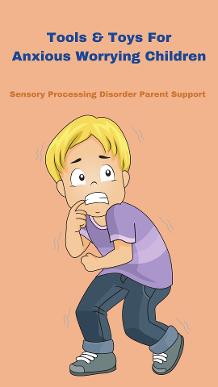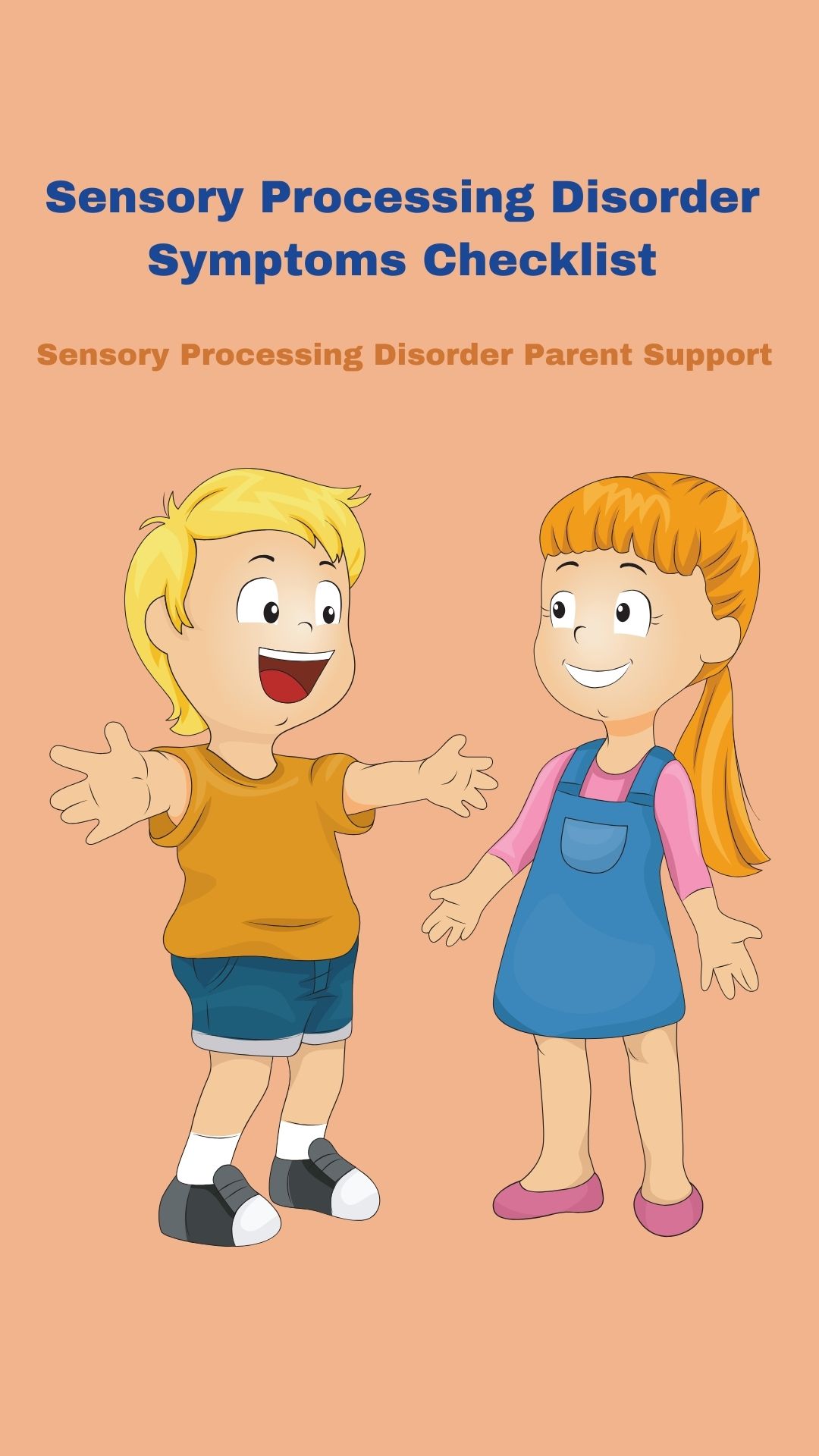How is Sensory Processing Disorder Diagnosed?
With the right assessment, evaluation and testing a proper diagnosis can be made so a child can receive support and treatment. You need to look for a qualified occupational therapist, developmental pediatrician or child psychologist that has experience working with children who have sensory processing differences.
They will evaluate your child from getting information from you and your child and ask for information from the child's teachers. They will also include any medical history and your child's developmental milestones. The therapist will spend time with your child in different environments to observe their different responses to sensory input.
The therapist may watch your child to see how they respond to loud noises or bright lights. They may also use standardized questionnaires to get more information about your child.
A common questionnaire used when diagnosing a child with sensory processing disorder is the Sensory Processing Measure (SPM). This questionnaire is filled out by parents and provides a therapist with a comprehensive assessment of a child's sensory processing difficulties. They may complete a Sensory Profile or the Sensory Integration and Praxis Tests too. These can be used to gather additional information about the child being tested for sensory processing disorder and their sensory functioning.
A common questionnaire used when diagnosing a child with sensory processing disorder is the Sensory Processing Measure (SPM). This questionnaire is filled out by parents and provides a therapist with a comprehensive assessment of a child's sensory processing difficulties. They may complete a Sensory Profile or the Sensory Integration and Praxis Tests too. These can be used to gather additional information about the child being tested for sensory processing disorder and their sensory functioning.
Sensory processing disorder cannot be diagnosed based on these assessments alone. The therapist will take a look at the child's development, other conditions and the impact that sensory processing disorder is having on the child's life.
Diagnosing sensory processing disorder is ruling out any other possible causes for the child's symptoms. Autistic children or children who have attention deficit hyperactivity disorder may also have sensory processing difficulties too so they need to di a thorough evaluation of the child.
Sensory processing disorder can be different for everyone who has sensory differences but some common symptoms a child may have is not wanting hugs, dislikes baths or brushing their hair. Some may not want to brush their teeth or cut their nails.
Diagnosing sensory processing disorder can be a very difficult process, as the symptoms can often overlap with other disorders and can be so different from one child to the next child.
Sensory processing disorder can have a serious impact on a child's life and can make things overwhelming and difficult for them.
Sensory processing disorder is not an official diagnosis in The Diagnostic and Statistical Manual of Mental Disorders (DSM) and is known for being quite controversial.
Diagnosing sensory processing disorder can be a very difficult process, as the symptoms can often overlap with other disorders and can be so different from one child to the next child.
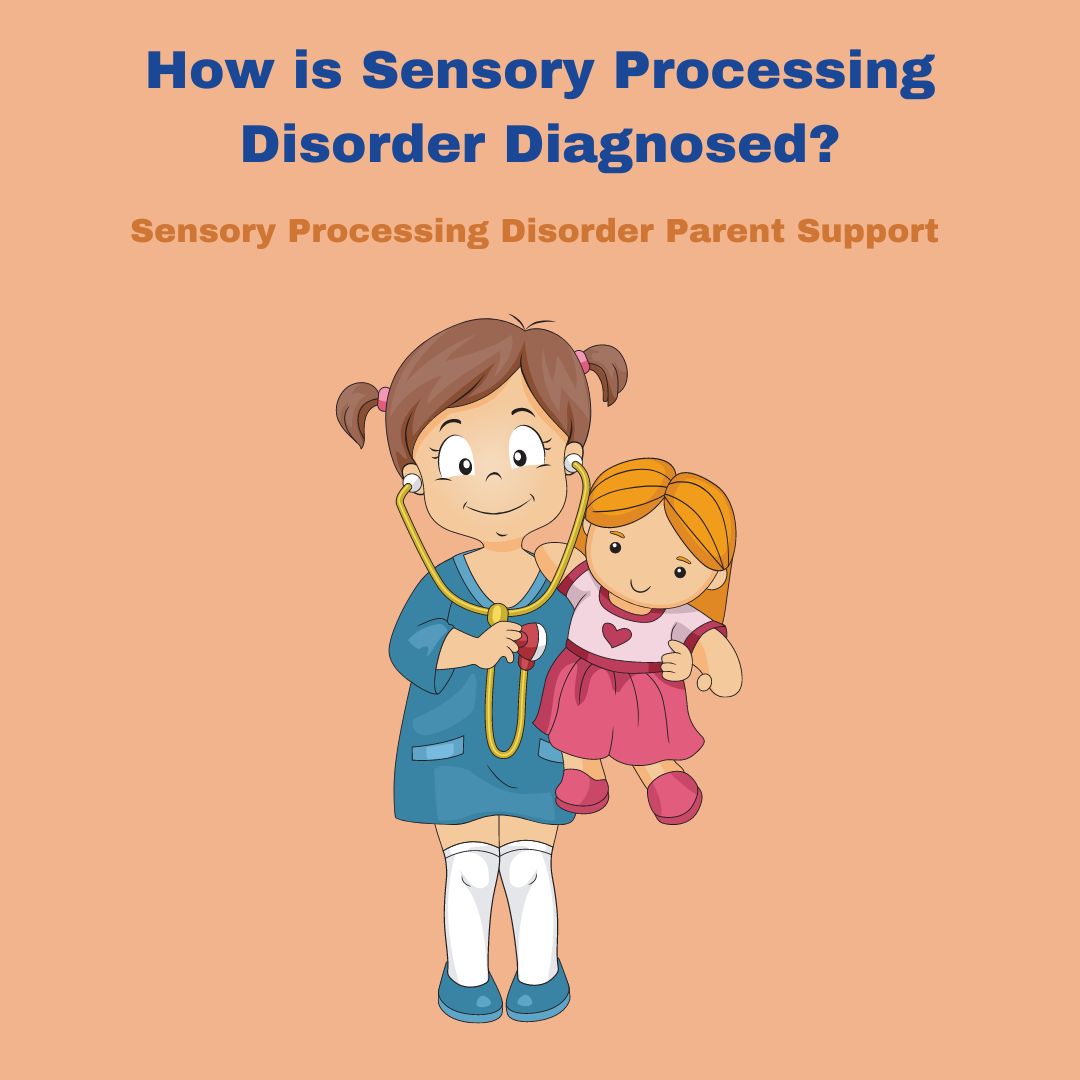
DISCLAIMER: I am not an Occupational Therapist. I am an adult who has Sensory Processing Disorder, a sensory parent and a Grandma. The information on this website is not medical advice and does not replace the information that your child's therapists gives you. These are just ideas and information that I have learned myself over the years of being a parent and an adult living with SPD. If you are concerned for your child, please always seek medical attention through a family doctor, pediatrician or therapist. This website is for suggestions and informational purposes only. Each child is different and what works for one child may not for another because all children have different needs. Please always consult with a professional.
Amazon offers a small commission on products sold through their affiliate links on my website. Each of your purchases through links on my website for Amazon affiliation links or sponsored links supports me but at no additional cost to you so thank you for your purchases. I appreciate it so much!
